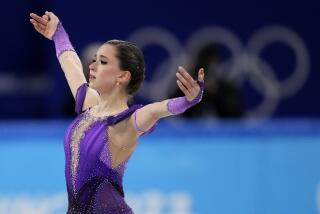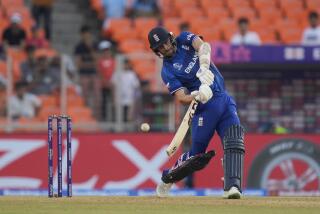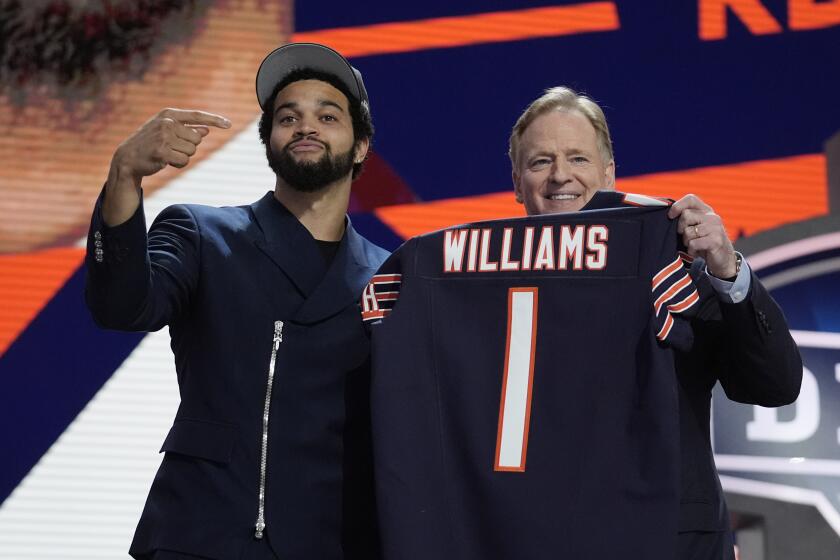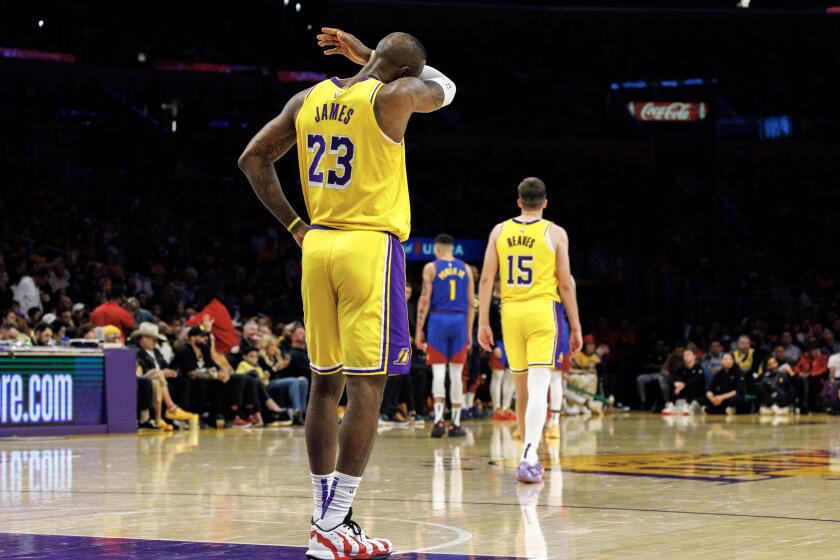Future looks bright for U.S. action athletes at Winter Olympics
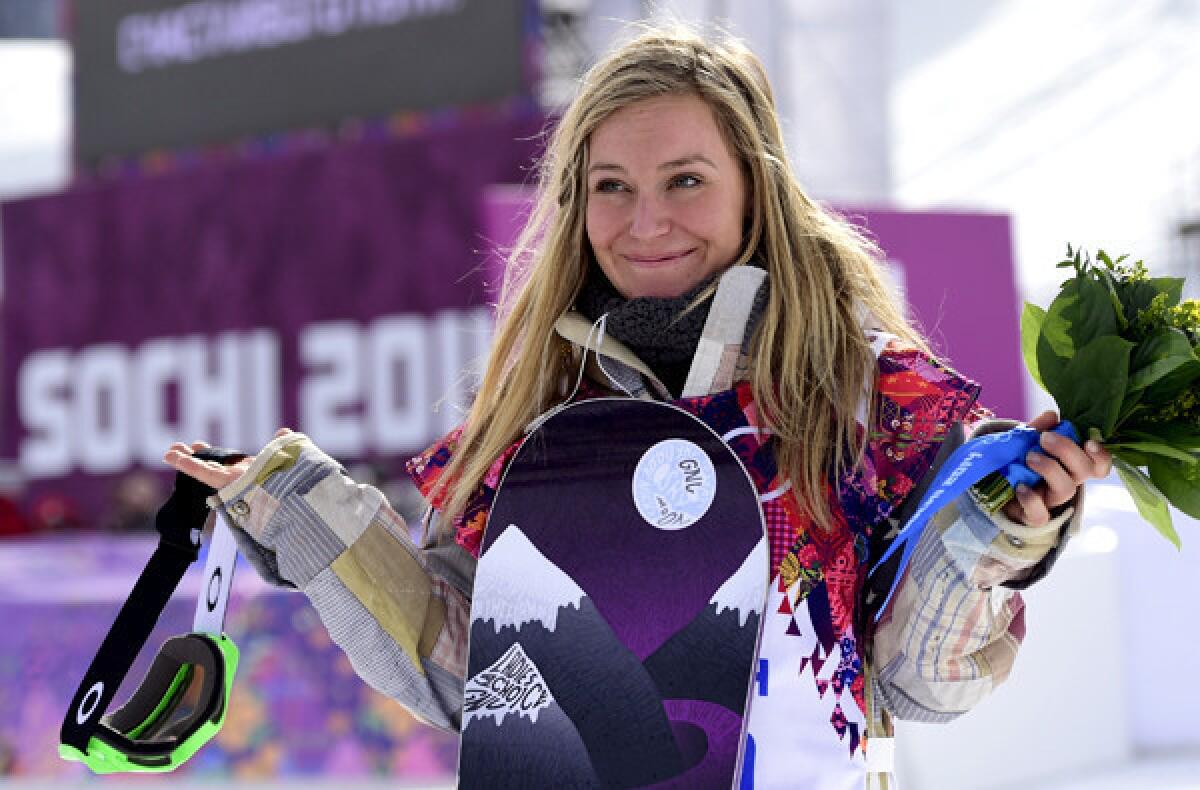
SOCHI, Russia — What will be the secret to future Olympic success for the extreme-sports crowd?
That’s easy. Just keep adding new events and the medal count for U.S. snowboarders and freestyle skiers will probably stay at a high level.
Setbacks in Sochi were offset by the new kids on the slopestyle rail and freeski halfpipe. There were opportunities for eight more gold medals that were not there in Vancouver in 2010.
FRAMEWORK: Best images from Sochi
And the United States took terrific advantage of the expanded program. It won five of a possible eight gold medals available in new extreme sports. Sage Kotsenburg and Jamie Anderson won in the men’s and women’s snowboard slopestyle events; David Wise and Maddie Bowman in the men’s and women’s ski halfpipe; and Joss Christensen in the men’s ski slopestyle.
American-born athletes accounted for six of the eight gold medals in the new events. Vic Wild, who grew up in White Salmon, Wash., but competed for Russia after he married a Russian snowboarder in 2011, won gold medals in snowboard parallel giant slalom and then in snowboard parallel slalom, a new event this year.
Overall, the medal race at Rosa Khutor Extreme Park came down to a close fight between the United States and Canada with the U.S. winning, 12 to 11.
The Sochi story arc started with the new-age Anderson and Kotsenburg, the charismatic and stoked (his word) snowboarder. He won the first-ever gold in snowboard slopestyle. It was the first American medal of these Games.
Arguably, the highest point was the podium sweep by Americans Christensen, Gus Kenworthy and Nick Goepper in men’s slopestyle skiing.
The future looks especially promising for 2018 in South Korea. Of the six U.S. gold medalists in the snowboarding and freeskiing events, the oldest is 24-year-old Kaitlyn Farrington.
Bowman and Kotsenburg, both 20, are the youngest gold-medal winners among the group.
At the other end of the spectrum, 30-year-old snowboarder Kelly Clark, competing in her fourth Olympics, took bronze in the halfpipe, which was her third Olympic medal.
Perhaps the biggest surprise was the inability of extreme sports icon Shaun White to add to his personal medal count. Coming into Sochi, White was the face of the sport and in search of his third halfpipe gold medal and perhaps one more in the new sport, snowboard slopestyle.
But he pulled out of the new event to concentrate on his specialty and finished a stunning fourth in the snowboard halfpipe. American snowboarder Danny Davis called the fourth-place finish “a gift.”
White did not rule out making another run at the Olympics in 2018 but finished his news conference by talking about going on tour with his band, Bad Things. His mind was on the music, not the muse of the halfpipe.
He wasn’t the only veteran weighing the future. Lindsey Jacobellis crashed in the semifinals of women’s snowboard cross, another blow in her pursuit of a gold medal. She said she might consider continuing to 2018, especially if a team event was added to the program in South Korea.
Twitter: @reallisa
More to Read
Get our high school sports newsletter
Prep Rally is devoted to the SoCal high school sports experience, bringing you scores, stories and a behind-the-scenes look at what makes prep sports so popular.
You may occasionally receive promotional content from the Los Angeles Times.
